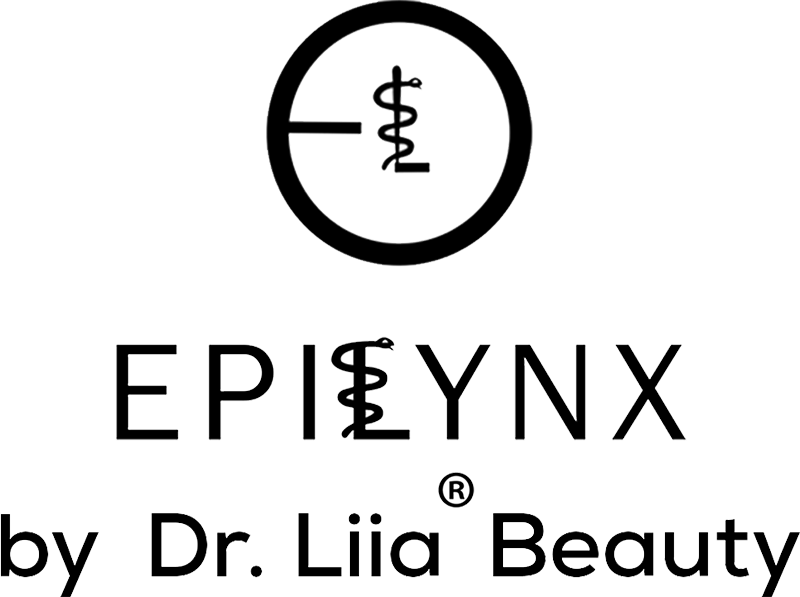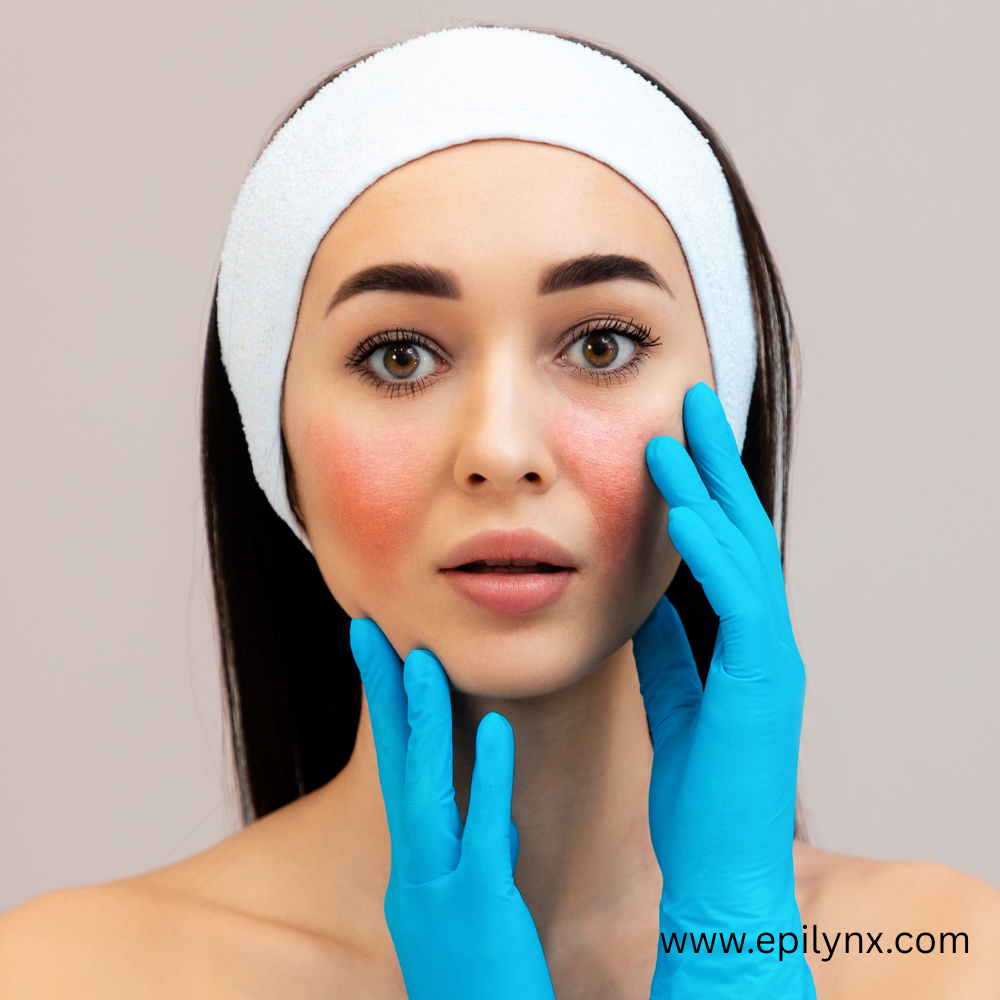
Love Languages, But Make It Skincare: What Your Routine Says About You
Your Skincare Routine Is a Love Story (and You’re the Main Character)
Skincare isn’t just chemistry — it’s emotion.
The way you treat your face says a lot about how you treat yourself.
Some people show love through consistency, others through experimentation, and a few through 14 different serums that “just feel right.”
Turns out, the Five Love Languages fit skincare perfectly.
Let’s decode your routine and see what your skin’s really trying to tell you — scientifically and psychologically.
1. Acts of Service – The Ingredient Researcher 🧴📚
You’re the one comparing ingredient lists at 1 a.m.
You know the difference between lactic and glycolic acid and have strong feelings about niacinamide percentages.
The psychology: Acts-of-service people express love through effort. Researching, organizing, and perfecting their routine is their way of caring.
The science: Over-researching can lead to ingredient overload. Layering too many actives (retinol + acids + vitamin C) can strip the skin barrier.
Practical tip:
-
Simplify. Choose two actives per routine, max.
-
Leave at least 10 minutes between strong formulas.
-
Prioritize barrier repair ingredients (ceramides, glycerin, panthenol).
Keyword tie-in: clean skincare, sensitive-skin routine, allergen-safe actives.
2. Words of Affirmation – The Label Believer 💬
You light up at the phrase “glow,” “radiance,” or “miracle.”
You’re motivated by promise — and that’s not a flaw, it’s hope.
The psychology: Words-of-affirmation types find comfort in reassurance. The marketing copy feels like encouragement.
The science: Over-trusting labels like “natural,” “hypoallergenic,” or “dermatologist-tested” can backfire. These terms aren’t regulated by the FDA.
Practical tip:
-
Read ingredients, not adjectives.
-
Look for fragrance-free, vegan, gluten-free, cruelty-free certifications that actually have third-party verification.
-
Keep a skin diary — let results, not labels, do the talking.
Keyword tie-in: allergen-safe skincare, vegan skincare facts.
3. Physical Touch – The Sensory Skincare Lover 🤲
You love textures — the silky serums, the cooling gels, the “ahhh” feeling of a clay mask.
The psychology: Touch-oriented people associate texture with comfort and safety. Skincare becomes a grounding ritual.
The science: Over-scrubbing or using harsh physical exfoliants can cause micro-tears and inflammation. Gentle touch helps maintain barrier integrity.
Practical tip:
-
Use fingertips, not tools, for massage — light pressure improves circulation without irritation.
-
Swap physical scrubs for chemical exfoliants like lactic acid or PHA.
-
Focus on fragrance-free and sensitive-skin-friendly formulas to prevent overstimulation.
Keyword tie-in: gentle exfoliation, sensitive-skin routine.
4. Quality Time – The Ritual Romantic ⏰🕯️
You love your skincare time: candles lit, playlist on, door locked.
It’s not just maintenance — it’s meditation.
The psychology: This type finds peace in ritual. It’s a form of mindfulness and stress regulation.
The science: Consistency improves skin microbiome stability and hydration levels. Sporadic routines confuse your barrier.
Practical tip:
-
Build a short routine you can realistically keep (cleanse, hydrate, protect).
-
Morning: antioxidant + SPF 30.
-
Night: gentle cleanse + moisturizer + occasional treatment.
-
Use gluten-free, fragrance-free formulas to keep skin calm through repetition.
Keyword tie-in: consistent skincare routine, allergen-safe habits.
5. Gift Giving – The Skincare Collector 🎁
Your bathroom looks like a mini Sephora. You express love through abundance.
The psychology: Gift-givers equate more with better — generosity equals care.
The science: Too many products increase the risk of cross-reactions and ingredient incompatibilities.
Example: mixing vitamin C and benzoyl peroxide neutralizes both.
Practical tip:
-
Declutter quarterly.
-
Keep one active per concern (e.g., niacinamide for tone, retinol for texture).
-
Choose multi-taskers — fragrance-free moisturizers with ceramides and antioxidants cover more ground.
Keyword tie-in: minimal skincare routine, barrier repair.
Bonus: Receiving Gifts – The “Treat-Yourself” Enthusiast 💝
When you’re stressed, you buy a mask. When you’re happy, you buy two.
The psychology: Buying new products is a dopamine hit — anticipation equals reward.
The science: Over-switching confuses your microbiome and delays improvement. Skin needs at least four weeks to adjust.
Practical tip:
-
Patch-test new products for 48 hours.
-
Introduce one new product every two weeks max.
-
Choose allergen-safe basics first, then experiment.
Keyword tie-in: patch testing, safe skincare for sensitive skin.
How to Keep Your Relationship With Skincare Healthy
-
Communicate: Listen to your skin’s feedback — tightness, redness, or stinging are “no’s.”
-
Stay consistent: The skin barrier loves predictability.
-
Set boundaries: Don’t let marketing or TikTok trends override what your skin is saying.
-
Feed, don’t fight: Focus on hydration, not punishment.
-
Practice emotional hygiene: Your routine should reduce stress hormones, not raise them.
Science Corner: Skin and Emotion — Quick Facts
💡 Cortisol (stress hormone) increases oil production by 40%.
💡 Gentle cleansing preserves 80% of the skin’s microbiome.
💡 Gluten sensitivity and skin irritation often overlap through immune signaling.
💡 Consistency in routine lowers transepidermal water loss by 25%.
💡 Smiling during your routine can increase blood flow by 20% — yes, really.
Final Thought: Your Skin’s Love Language Is Balance
Whether you’re a “researcher,” “ritualist,” or “treat-yourself” type, great skincare comes down to respect — not rules.
Listen. Adjust. Be gentle.
Your skin doesn’t need perfection; it needs patience.
Healthy routines are like healthy relationships: predictable, honest, and kind.
And when your products are allergen-safe, balanced, and barrier-friendly, that’s not indulgence — that’s emotional hygiene with results.


